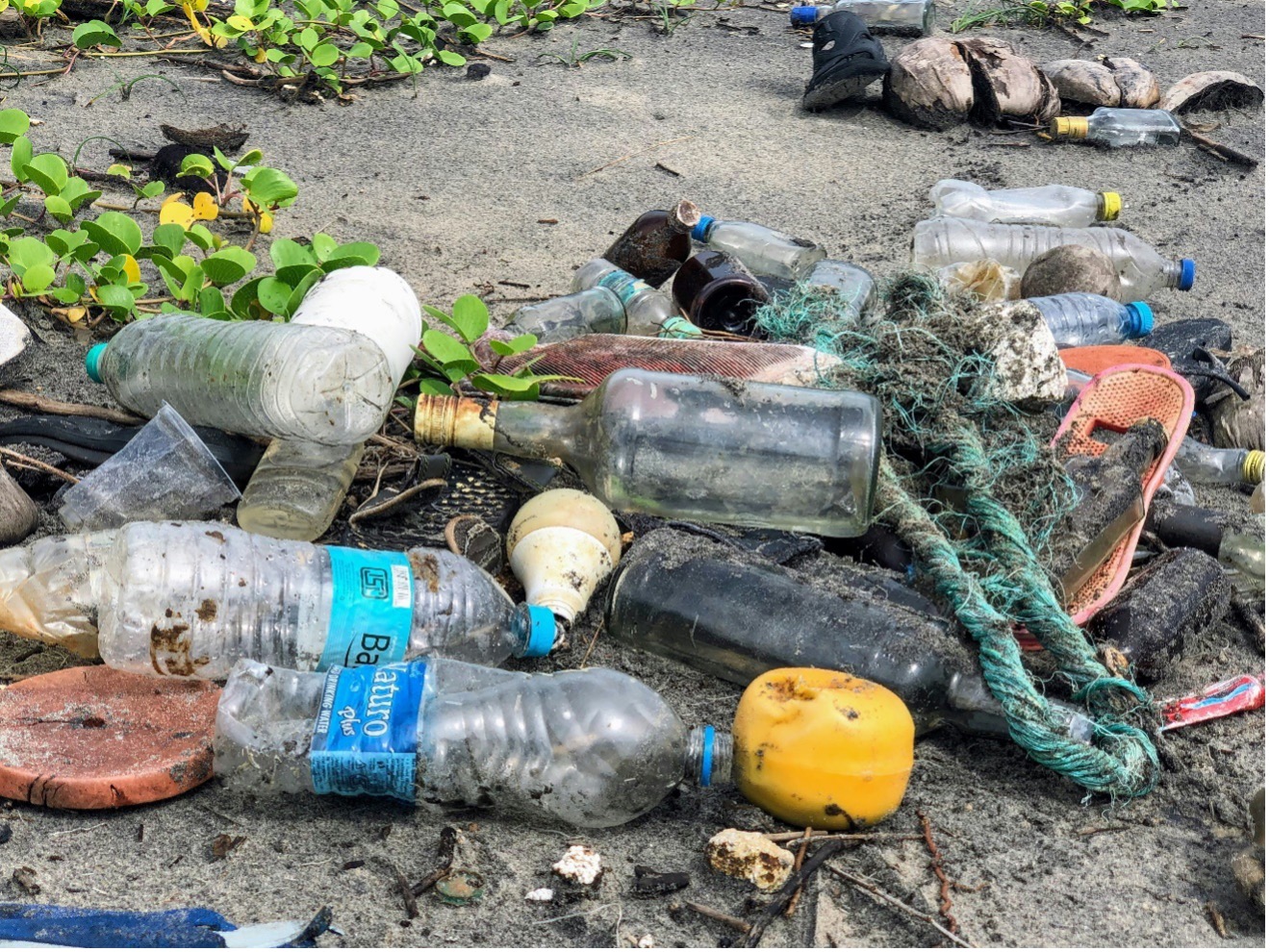Acute deterioration is a familiar phrase in healthcare. It traditionally describes a significant and rapid decline in a person’s physiological or mental health, requiring prompt recognition and action by healthcare professionals (Australian Commission on Safety and Quality in Health Care, n.d.). Indicators for acute deterioration include abnormal vital signs and sudden changes in cognition, mood or behaviour. But does this narrow definition still serve us, or is it time to radically rethink what acute deterioration really means?
The planet itself is experiencing acute deterioration. Rising temperatures, worsening air pollution, collapsing ecosystems, and unsafe water supplies are not slow, distant threats – they are rapid, measurable declines in planetary health with immediate and future consequences for human health and survival (Tong & Bambrick, 2022). Just as a patient’s unstable vital signs warn us of impending acute deterioration, so too do climate disasters, heatwaves, and pollution spikes signal acute planetary health deterioration.
Perhaps it is time to redefine acute deterioration? Not just as an individual patient crisis at the bedside, but as a collective humanitarian and planetary crisis requiring urgent action by healthcare professionals, government, and society at large. Recognising planetary health deterioration as integral to human health is not an abstract idea – it is about connecting the dots between the burning forests and the rising number of children with asthma, between heatwaves and emergency room admissions, between polluted rivers and communities stripped of safe drinking water (PoshtMarshadi et al., 2025).
These planetary vital signs are every bit as critical to human health and survival as those measured at the bedside. Acute deterioration must be redefined: not only as the crisis of an individual body, but also as the sudden breakdown of the planetary systems that sustain us.
The following redefinition of acute deterioration is offered:
“Acute deterioration describes a sudden and significant decline in the health of an individual, community or planetary boundary that sustains planetary life, requiring urgent systemic recognition and response. Beyond abnormal vital signs or behavioural changes, acute deterioration also encompasses rapid environmental shifts – such as extreme weather events – that directly threaten human health and survival”
If healthcare is about safeguarding and advancing health and wellbeing, then the definition of acute deterioration needs to evolve to encompass our deteriorating planet. It should capture the inseparable link between human health and wellbeing and the health of Earth itself. Because, when the planet deteriorates, so do we.
References
Australian Commission on Safety and Quality in Health Care. (n.d.). Recognising and Responding to Acute Deterioration Standard. https://www.safetyandquality.gov.au/standards/nsqhs-standards/recognising-and-responding-acute-deterioration-standard
PoshtMashadi, A., Maghsoodi, A. I., & Wood, L. (2025). The impact of extreme temperatures on emergency department visits: A systematic review of heatwaves, cold waves, and daily temperature variations. Science of the Total Environment, 970, https://doi.org/10.1016/j.scitotenv.2025.178869
Tong, S., & Brambrick, H. (2022). Sustaining planetary health in the Anthropocene. Journal of Global Health, 12, https://doi.org/10.7189/jogh.12.03068
(Photo by John Cameron on Unsplash)
